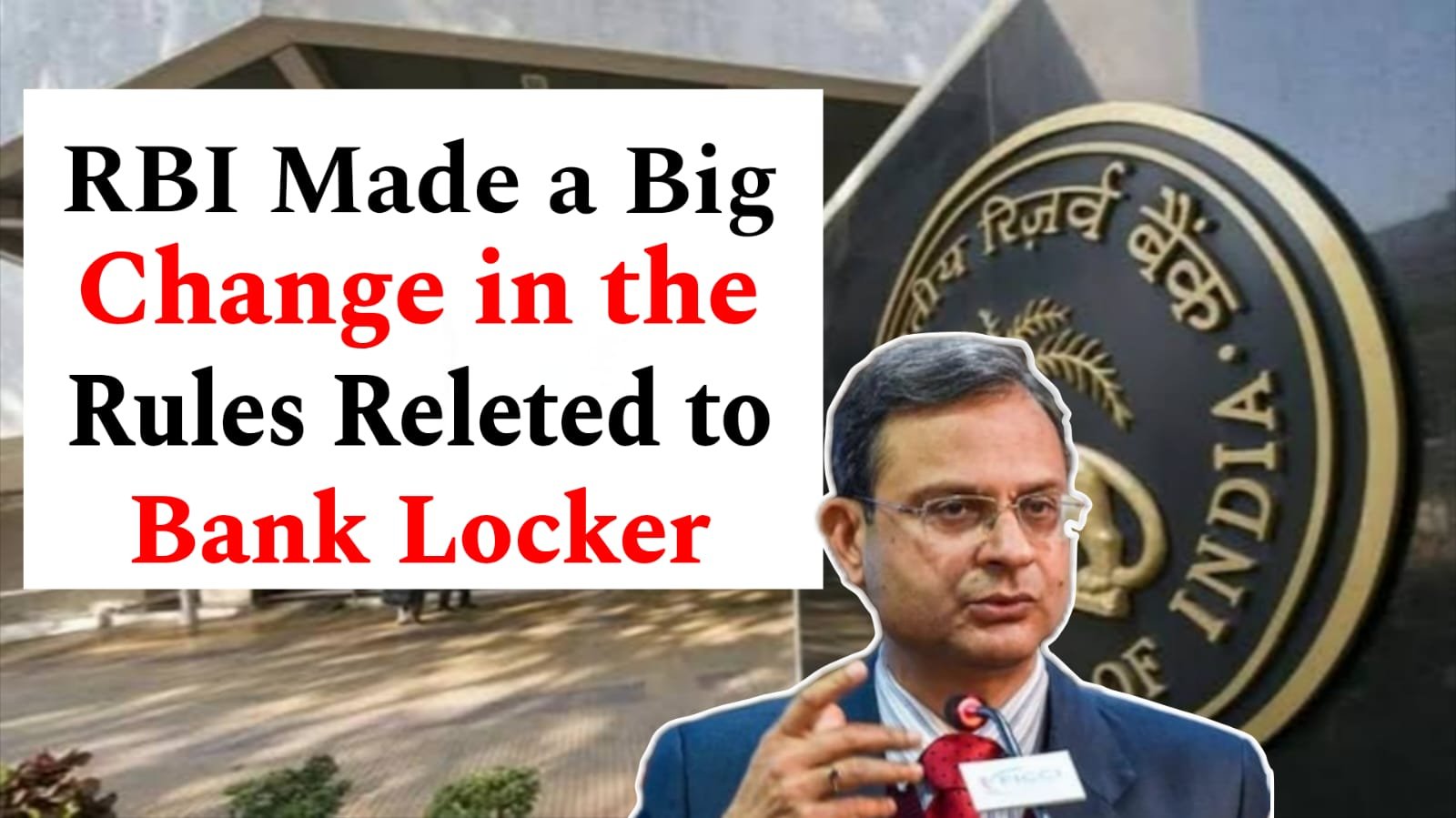RBI New Rules : When a family member passes away, grief and emotional loss take center stage. But along with mourning, families often face the additional stress of managing banking formalities related to the deceased’s accounts, deposits, and lockers. To ease this burden, the Reserve Bank of India (RBI) has proposed a new framework that will significantly streamline the claim settlement process.
According to the draft guidelines, banks will now be required to settle claims related to deceased customers within 15 days. Moreover, in cases where banks delay the settlement, they will be liable to pay compensation to the claimants. This move is expected to provide relief to nominees and legal heirs by ensuring transparency, consistency, and faster processing.
Public Consultation on New RBI Guidelines
RBI has released its draft rules titled “Settlement of Claims of Deceased Depositors/Customers, 2025” and invited public feedback until 27 August 2025. The objective of this proposal is to simplify and standardize the claim settlement procedure across all banks in India.
Under these rules, banks will be required to:
- Publish standardized claim forms.
- Provide a clear checklist of required documents.
-
Share detailed information about the claim settlement procedure on both their websites and branch premises.
This initiative aims to remove ambiguity, reduce customer inconvenience, and create a uniform process across banks.
Claim Settlement for Accounts and Lockers
The RBI’s draft specifies a simplified process for both accounts and lockers:
Where a Registered Nominee Exists
-
Claimants need to submit only three documents:
- A duly filled claim form
- Death certificate of the account holder
- Proof of identity and address of the nominee
This is designed to ensure minimal paperwork for nominees and a faster release of funds or locker contents.
Where No Nominee Exists
The process is slightly more detailed in the absence of a nominee:
- For claims up to ₹15 lakh, banks will allow settlement through a simplified procedure.
- Legal heirs will be required to submit additional documents such as an indemnity bond and no-objection certificates from other heirs.
-
For claims above ₹15 lakh, legal documents like a legal heir certificate or succession certificate will be mandatory.
This two-tier approach balances ease of access for smaller claims while ensuring security and legal compliance for higher-value claims.
Strict Timeline for Banks
One of the most crucial aspects of RBI’s draft is the imposition of a strict time frame for banks.
- Timeline: All claims must be settled within 15 days from the date when all required documents are submitted.
-
Locker Access: For lockers and safe custody articles, banks must fix a date within this 15-day window to release the contents.
This ensures that grieving families are not kept waiting for weeks or months due to bureaucratic delays.
Penalties for Delay
To ensure compliance, RBI has also proposed penalties on banks for failing to meet deadlines:
- Bank Deposits: In case of delays, banks will have to pay 4% higher than the prevailing interest rate on the claim amount for the period of delay.
-
Lockers and Safe Custody Articles: A penalty of ₹5,000 per day will be levied for delays in settlement.
Such strict penalties are expected to make banks more accountable and prevent unnecessary delays.
Purpose Behind the Move
The RBI has clarified that the purpose of this framework is to:
- Eliminate the variation in procedures followed by different banks.
- Reduce the hardship faced by grieving families.
-
Improve customer service standards in the Indian banking sector.
By introducing a uniform, time-bound, and penalty-backed system, RBI aims to create a customer-friendly environment where families can access their rightful claims without stress or delay.
Implementation Timeline
If finalized after public consultation, these new rules are expected to come into force from January 1, 2026. This gives banks enough time to update their internal processes, train staff, and prepare standardized documentation.
Conclusion
The RBI’s proposal marks a major step toward customer-centric banking reforms in India. Losing a loved one is already an emotionally draining experience, and families should not be burdened further with complicated and time-consuming banking procedures.
With these new rules, families will benefit from:
- Faster access to funds and locker items.
- Clear and transparent processes.
-
Accountability from banks in case of delays.
If implemented as proposed, this framework will bring relief, clarity, and compassion to banking services in times of personal loss.



